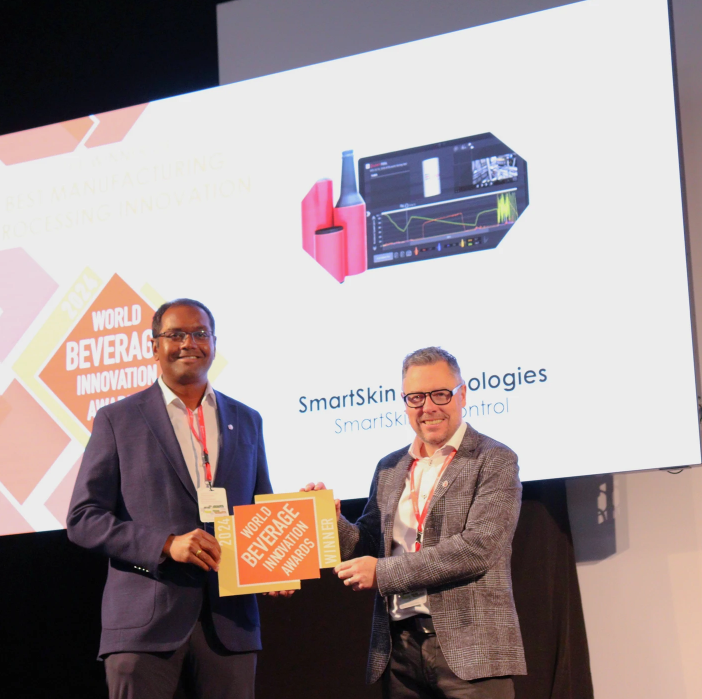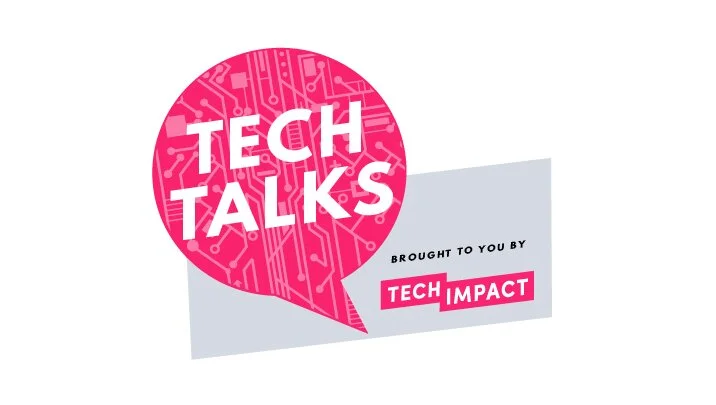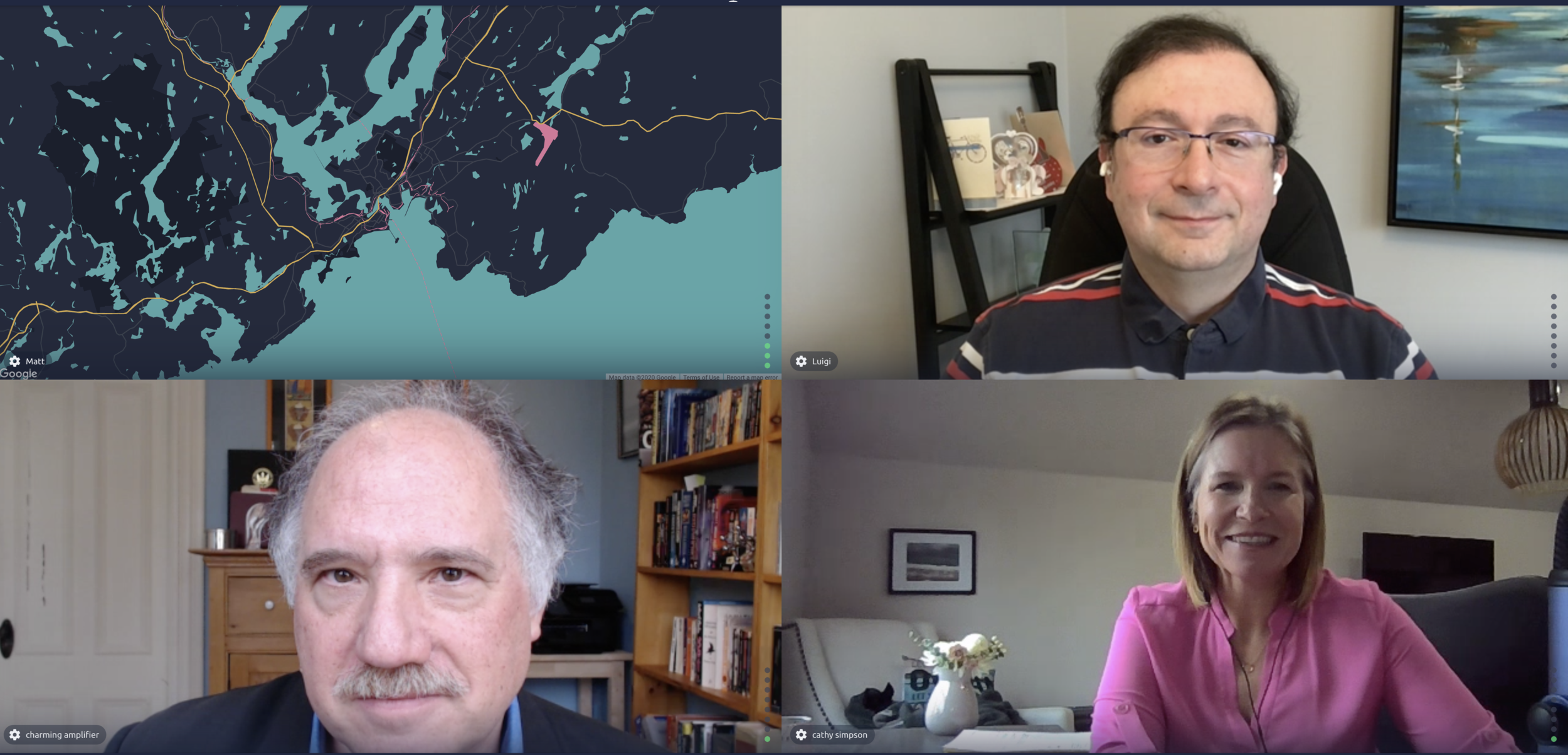A couple of years ago, Gerry Pond, the godfather of New Brunswick's tech scene, put out a challenge with $500,000 in funding attached to increase our sector's sales capacity. A lack of expertise in sales was hurting our region's prospects.
Well, that call has been heeded.
On Episode Nine of the TechTalks podcast, I'm chatting with Shelley Rinehart and David Alston, two local leaders behind progressive programs that are building our sales and marketing capacity. After all, the best product or idea, without strategic marketing and sales, will struggle to make it to market.
Training that talent is essential. We started the show by chatting about what's going on at the university. Dr. Rinehart, MBA Director in the Faculty of Business at UNB Saint John and a marketing professor, has long been an advocate for tech and trying new things, which is fitting because the program she runs isn't a traditional MBA. Intense and cosmopolitan, it recently moved to Saint John's city centre to create more "collision" opportunities with the business community.
The time was ripe, as Greater Saint John's economic development agency's vision for reinvigorating the Uptown includes an Innovation District to capitalize upon its rapidly growing IT cluster. It's a model that's worked in places such as Waterloo, where co-location and collaboration between university and business are critical to a thriving tech scene.
Dr. Shelley Rinehart
"Having a university presence in your business core is a real energy boost," Shelley says. Along with formal opportunities to collaborate, there is great value in the informal connections that are made. A casual conversation while waiting in line for lunch at the market, for instance, or over coffee, can lead to internships and job opportunities.
Thanks to the prod and investment from Gerry Pond, and the business community's feedback, sales is now central to the MBA program, which takes a problem-solving approach to this business skill. Recently accredited by the Canadian Sales Professionals Association, the program is now working to establish a Research Chair in Applied Sales Research.
It’s time to let go of that old stereotype of the slimy salesman. David made me chuckle when he cited the fictional example of Herb Tarlek from the 80s sitcom WKRP. It’s this image that comes to mind for me every time too! Today, sales is about being a good listener, a problem solver, and building strong relationships.
"These are fundamental skills, regardless of whether you have the word 'sales' in your title or not," David says. "Every CEO of every tech startup should be a great salesperson."
To him, sales and marketing are inextricably linked to strategy, weaving through the entire organization, from understanding customer pain points to product development. He speaks from the deep experience of a wildly successful career that's merged his twin loves of technology and marketing. David held leadership roles at NB Tel and iMagic TV, was CMO at Radian 6, one of the region's most significant exits, and has worked with government and non-profits to advance technology in New Brunswick.
He sees marketing as deserving of a seat at the big table.
David Alston
And David stresses that marketing strategy needs to be there from the beginning, not an add-in a few years in, as he sees too many companies doing. But even for those founders who are alert to the need for a strong CMO early in the company, he saw a talent gap. When people asked for recommendations, he struggled to come up with candidate suggestions.
So, he did what entrepreneurs do. He set out to solve that problem.
He founded Marketswell Solutions, a CMO accelerator, earlier this year to nurture marketing leaders. He'd planned for an initial cohort of five and got ten strong applicants. The program gives them the confidence and skills they need to help lead their organizations, and to capitalize on our region's scrappiness to go big, to think global. You can't create unicorns without a savvy marketing strategist to help get you there. It takes a team.
Today, there is so much opportunity in sales and marketing, strategic skills for every startup. And we're so fortunate to have builders like Shelley and David who are working to keep growing the talent that will, in turn, advance our tech sector.
I'm sold.
To listen to our conversation, click here to listen.
Here's a peek at some of the highlights from this episode:
[4:41]: Shelley explains the evolution of UNB's unique program.
[16:14]: David on how our region's deep value on relationships is advantageous when it comes to customers.
[26:50]: Shelley talks about how sales used to have a "tarnished reputation" and how that's changed.
[31:11]: David digs into the crossover between sales and marketing in B2B.
[41:55]: Shelley on the role of mentorship in creating a critical mass of sales leadership.
[48:34]: David talks about the role of experiential learning and practical on-the-job experience.
Don't Miss an Episode.
Do you subscribe to the TechTalks With Cathy Simpson Podcast? If not, please do. Every week, my guests and I cover many different topics around innovation, technology and the future. Click here to listen and subscribe in iTunes. You'll find us on Spotify, Apple Podcasts, Google Podcasts, PodLink and everywhere else you enjoy podcasts.
And sign up for our newsletter to never miss an update.


















